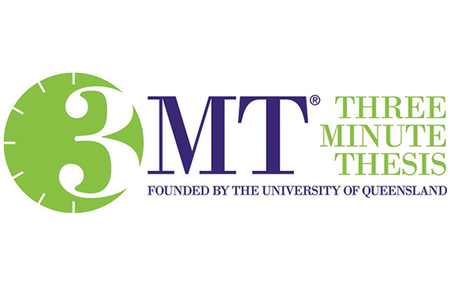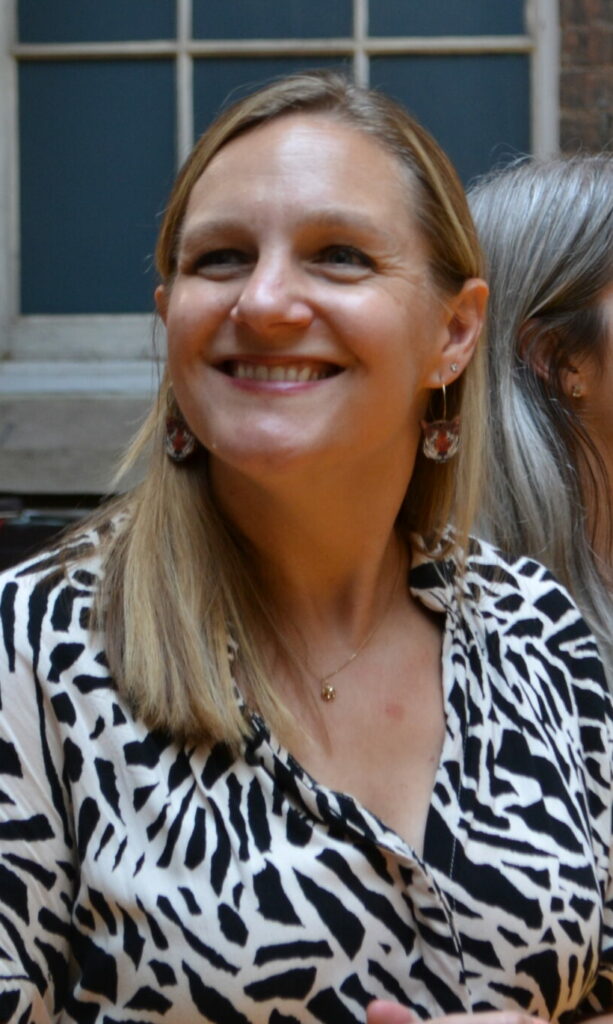Ifrah Mussa, a third year DTA student from Kingston University, shares her experience in taking part in the Vitae 3 Minute Thesis competition and reaching the semi finals.
I first learnt about the Three Minute Thesis (3MT) competition in the first year of my PhD and knew it was a great opportunity to showcase your research to others. Yet when seeing the presentations, I remember my amazement at how the PhD students had managed to summarise their work in just three minutes. I also felt excited, and thought I should participate at some point in the future just to challenge myself.
This year, soon after the lockdown started, I received an email for the 3MT competition. Although I was a bit occupied with my research, I still applied for the competition thinking that it might be my final year and I may never get to participate again in a competition that is specifically designed for research students. I was extremely happy to be shortlisted and decided to give it my best shot thinking: how hard could it really be? But before I knew it, all of my worst fears were put right in front of me.
For the presentation, I had to summarise three years’ worth of my research on Wind turbine icing in cold climates, in three minutes. I had to make sure that my presentation was simple enough for a non-specialist audience, yet still have enough technical content. Additionally, this year due to COVID-19, the competition had to take place online with a virtual background. The real challenge for me was the fact that I had to prepare a script and memorise it to make sure I didn’t say anything too technical for my audience to understand. This was difficult because I have had instances in the past where I memorised a script for a presentation but whilst presenting I forgot something so I started panicking and as a result I messed up the entire presentation and embarrassed myself. Ever since I have tried other ways to deliver a presentation, I feel much more confident. Therefore memorising something for a competition was out of my comfort zone. The second biggest challenge was that the presentation was going to be recorded. Knowing that I was being recorded made me extremely uncomfortable. It added a little pressure on me which distracted me from focusing on my speech.
Luckily my university, Kingston, organised training sessions for the shortlisted students. The training was delivered by Etienne Duval, a former TV presenter, and Prof. Andrea Petroczi from the School of Life Sciences, Pharmacy and Chemistry. They were incredibly helpful and patient with us. They helped me comprehend that some of the technical words which I classify as normal and use in my every day speech are not really simple for a wider audience. This made me appreciate how far I have come and what I am doing. To help me face my fear of camera, they recorded the presentations during the training session and sent me the video later for me to watch and learn. I was determined to overcome these challenges as they were not good for me in the long run.
I began practising my presentation while recording myself. At first, I had to stop recording after every three to four sentences because of the amount of mistakes I was making – but I kept pushing myself. I broke my presentation into smaller sections and did not move on to the next section until I record the first one without any mistakes. I then delivered my presentation to everyone in my family one by one. Only with practice, I could finally present in front of two or more people with a camera recording me constantly.
Once I presented, I was not sure if my presentation was good enough for the competition or if I would win; I could be a runner up I thought. However, I felt victorious for the fact that I did not lose focus during the presentation and I was not at all conscious about the camera recording me. When I received an email saying I won and I will be representing my university at the Vitae semi-finals, I was speechless. I did not know how to react. I felt good that I won but my main victory and happiness was still rooting from the fact that I defeated my fears. It was success redefined.
This challenge was an eye opener for me and helped me in so many ways that I could not imagine. I would recommend every PhD student to participate as they never know what they can achieve from it.
Click here if you’d like to watch Ifrah’s presentation on Prediction and Prevention of Ice Formation on Wind Turbines in Cold Climates.




